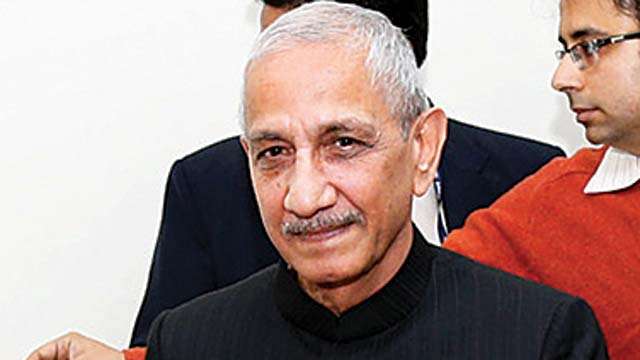The KS Monitoring desk
Consumerism as a concept may have diverse denotation for example it may be regarded as a social and economic order that encourages the purchase of goods and services in ever-greater amounts. Sometimes, the term “consumerism” is also used to refer to the consumerists movement, consumer protection or consumer activism, which seeks to protect and inform consumers by requiring such practices as honest packaging and advertising, product guarantees, and improved safety standards. In this sense it is a movement or a set of policies aimed at regulating the products, services, methods, and standards of manufacturers, sellers, and advertisers in the interests of the buyer.
While in economics, consumerism refers to economic policies placing emphasis on consumption. In an abstract sense, it is the belief that the free choice of consumers should dictate the economic structure of a society. Emulation is also a core component of this sort of consumerism (particularly in 21st century consumerism). As a general trend, regular consumers seek to emulate those who are above them in the social hierarchy. The poor strive to imitate the wealthy and the wealthy imitate celebrities and other icons.
In context of India, Consumerism is a movement or policies aimed at regulating the products or services, methods or standards of manufacturers, sellers and advertisers in the interest of buyers, such regulation may be institutional, statutory or embodied in a voluntary code occupied by a particular industry or it may result more indirectly from the influence of consumers organizations.
Mahatma Gandhi, had very rightly said,
“A Consumer is the most important visitor on our premises. He is not dependent on us we are on him. He is not an interruption to our work; he is the purpose of it. We are not doing a favour to a consumer by giving him an opportunity. He is doing us a favour by giving an opportunity to serve him.”
In spite of such noble thought, consumerism is still in its infancy in this country, thanks to the seller`s market and the government monopoly in most services. Consumer awareness is low due to the apathy and lack of education among the common masses. No one has told them about their rights as a consumer-to be informed about product quality, price, protection against unsafe products, access to variety of goods at competitive prices, consumer education etc. What consumers lack here, are education and information resources, testing facilities, competent leadership, price control mechanism, and adequate quasi-judicial machinery. The providers of goods and services have been reluctant to give due consideration to consumer interest protection.
Some business in India have come together to adopt a code of conduct for regulating their own activities. Regulation of business through legislation is one of the important means of protecting the consumers. Consumerism has over the time developed into a sound force designed to aid and protect the consumer by exerting legal, moral and economic pressure on producers and providers in some of the developed countries. The success of consumerism lies in the realization of the business that there is no substitute for voluntary self-regulations. Consumers must be aware of their rights, join voluntary Consumer organizations, raise voice against exploitation and seek redress of their grievances in time.
Consumerism in India started its journey with a need to raise voice against the quality of goods as back as in 1969 in Mumbai. It took a shape of revolution at later stage and one day our parliament passed an act for the welfare of consumers in 1986 .This Consumer Protection Act 1986 had further undergone many challenges, criticism and even question on its legal validity was also put before the honorable Supreme Court of India. But ultimately, apex court held this welfare act very much valid, legal and within the framework of our constitution.
Unlike some of the other Asian countries like Malaysia, Indonesia, Thailand, and Taiwan, where the “consumer revolution” has already forged ahead, or is in progress, India has been a slow starter in this push for change. However, recent trends suggest that a wave of consumerism is spreading to India also. There are some well known consumer organizations in India like Consumer Guidance Society of India, Mumbai and Consumer Education and Research Centre, Ahmadabad, which are doing commendable work.















Leave a Reply